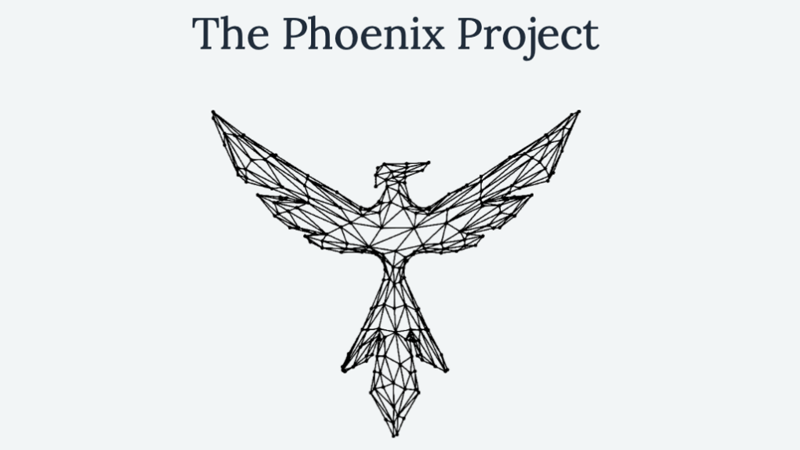Saving the Summer Internship
Zongsen Li
Phoenix Project provides critical summer internships for students during the pandemic

For college students all around the nation, the global pandemic did more than force them off campus and into online classrooms—it also caused them to face an empty summer schedule with many prominent businesses being forced to cancel their internships.
Students who had worked hard in landing prized internships to gain much-needed work experience—and hopefully some cash as well—watched as their years of effort went up into puffs of smoke. While companies focused on entertainment and travel couldn’t afford to hold their internship programs, many businesses, especially in the digital services and biotechnology sectors, needed the expertise and skills in software and data science that students brought to the table. All that was needed was something to tie the two together.
And so, from the ashes of the pandemic, the Phoenix Project was born, led by Mary Gooneratne (ECE/CS ‘21) and Luke Truitt (ECE ‘21), who saw an opportunity to help their fellow Duke students. The project hoped to match Duke students who had technical expertise with various organizations, institutions and businesses for remote work. As Truitt puts it, “After doing it with [Duke Applied Machine Learning] so frequently, it felt like it was my responsibility to do something after seeing so many students and individuals lose their jobs and internships.”
The project itself was a resounding success. “There were more applications on both sides then we could handle,” says Truitt. “When getting the organization off the ground, we unfortunately had to cut out a lot on both sides.”
“College students around the nation could have something to help them find re-mote internships with less well-resourced businesses, all of it staffed and managed by folks who can handle it. And they’ll have a large class of fellow interns to learn from and develop alongside.”
At the end of the process, a total of 74 companies offered 210 Duke students remote intern-ships over the summer, allowing them to work on projects ranging from analyzing water heater behavior to working with the Department of Defense in modernizing the 4th Medical Division’s Mobile App diagnosing capabilities.
The work done in the Phoenix Project was not limited to projects. Truitt and other leaders in the organization, along with the Duke Career Center, arranged speaker panels and workshops with companies to help students expand their technical chops. Demo days were held for students to allow them to practice delivering results to clients and technical assistants, and other resources helped the students get past short-term blocks and focus on their projects.
Project Phoenix also received help from Duke faculty and staff. Truitt particularly emphasized the importance of Steve McClelland, an executive-in-residence at the Pratt School of Engineering and faculty member in Duke Engineering Entrepreneurship (EngEn) and Duke Innovation & Entrepreneurship (I&E). To help support the project, McClelland initially provided the project with $80,000 in funding for stipends. “McClelland was also a huge help as the sounding board for building out the program,” says Truitt.
Phoenix Project went so well that it might be here to stay. Many participating companies have reached out in the hopes of continuing the work done over the summer. The Department of Defense was so impressed with the work done that a large contract was put in place to continue work in Fall 2020.
Truitt himself has big plans for the organization moving forward. Major League Hacking, a global company known for their hackathons, has personally reached out to Truitt to create a joint fellowship with the Phoenix Project.
“We’re currently working together to build up this fellowship, and it’s allowing us to help out a lot more than just Duke students,” says Truitt. “College students around the nation could have something to help them find re-mote internships with less well-resourced businesses, all of it staffed and managed by folks who can handle it. And they’ll have a large class of fellow interns to learn from and develop alongside.”
The Phoenix Project’s second coming is currently underway in tandem with Major League Hacking and the National Security Innovation Network, and is running under the name the “Tour of Duty.” Version three will be launched in January with a slew of private businesses.
Zongsen Li is a freshman planning to major in biomedical engineering.
